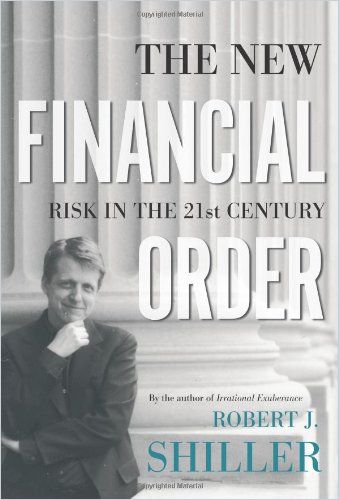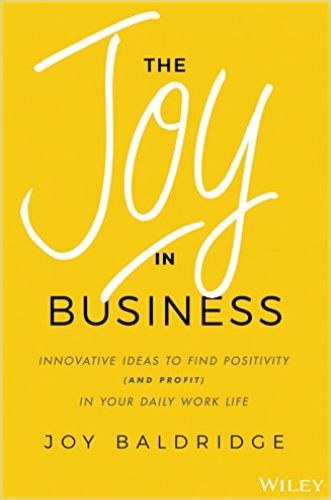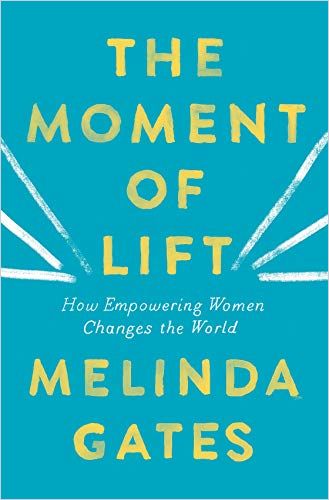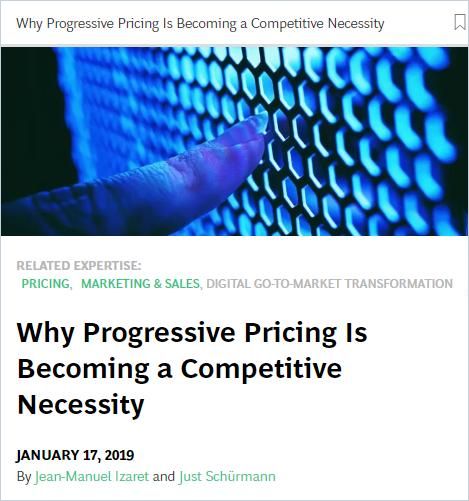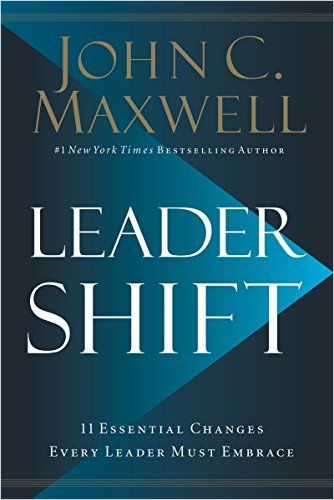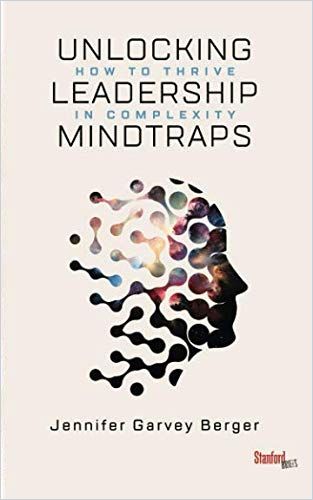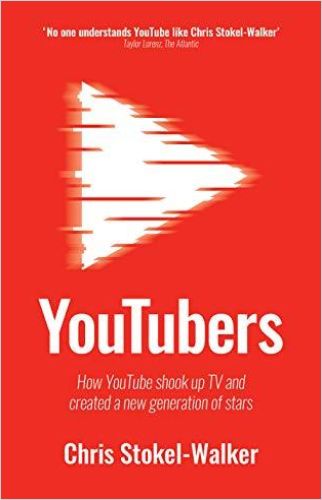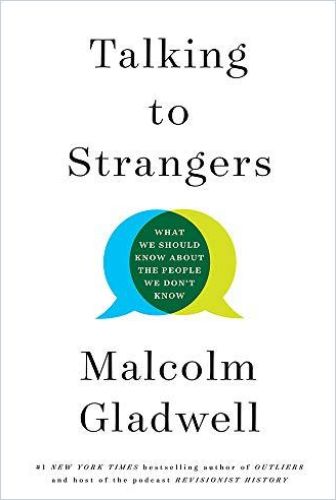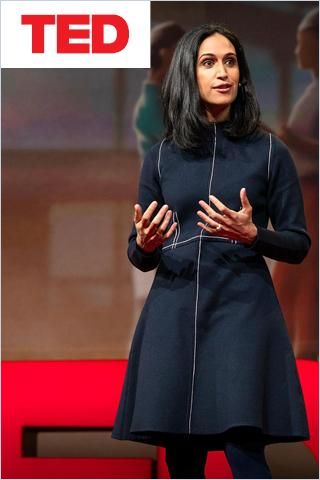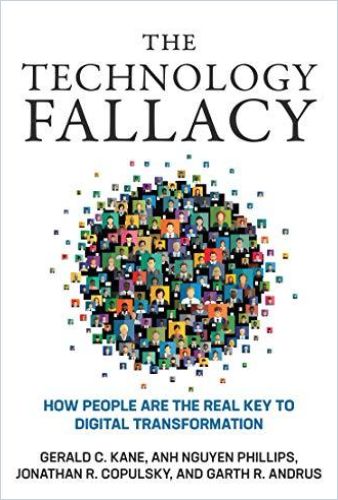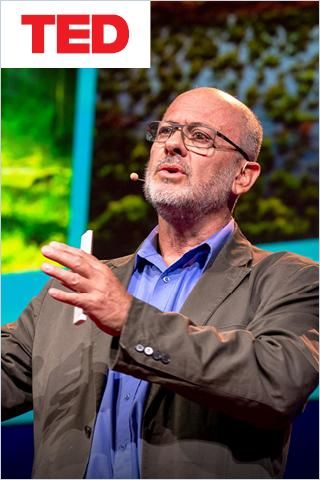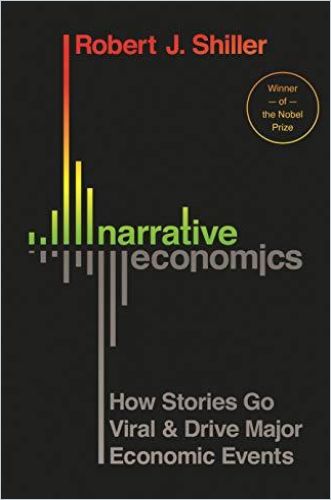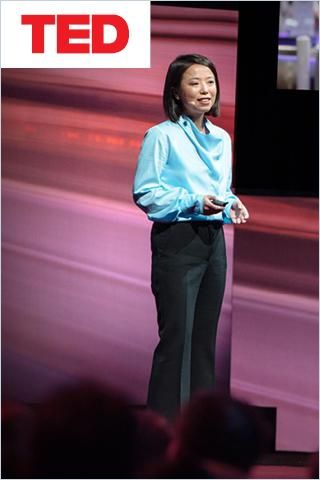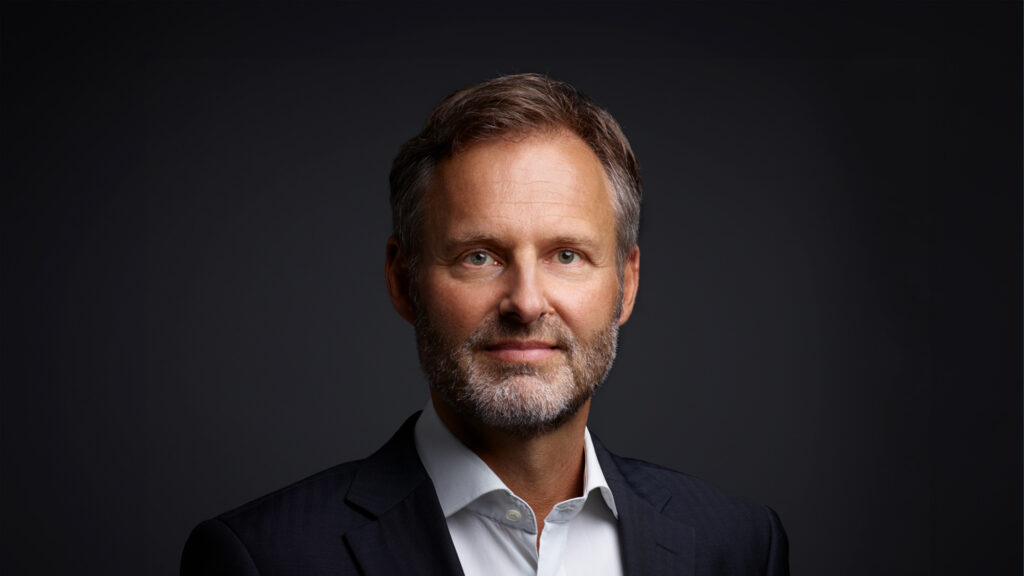Invisible women, 25 pairs of shoes, and the long-awaited end of unnecessary meetings – here are this year’s reading recommendations from different departments at getAbstract.
Books of the Year 2019

Many of you only suspect it, but it’s true: We at getAbstract get paid for reading (well, among other things). Sounds beautiful, right? And it truly is – but at the end of a year full of pages and good ideas, we sometimes face the problem of pinning down what was worth reading and what was not. To give you a handy overview of our favorite books of the year, we quizzed a few colleagues at our headquarters in Lucerne for their recommendations.
This list is the result: Not only is it very varied, it might help you in the hectic search for last-minute gifts. No, you shall not put an abstract under the tree! A good, beautifully packaged book garnished with good wishes is still the best.
We wish you a very happy holiday season – and happy reading!
Mara Egli
Learning Consultant
John C. Maxwell: Leadershift (HarperCollins Leadership)
Many organizations are moving towards a more agile way of working. Therefore, content on agility was in high demand among my clients this year. John C. Maxwell’s Leadershift is one of the books in this field that stood out to me. The VUCA world not only requires employees to be more flexible and organizations to break down their hierarchical structures, the leader’s skill set has changed as well.

Whereas leaders could rely on management theory in the past, flexible and responsive leadership is now a crucial virtue. In two of his 11 leadershifts, Maxwell explains why you need to shift your focus from achieving your goals to your personal development and why you need to shift from climbing ladders to building them. Discover the remaining nine leadershifts by reading our summary!
Gerald C. Kane, Anh Nguyen Phillips, Jonathan R. Copulsky and Garth R. Andrus:
The Technology Fallacy (MIT Press)
When it comes to digitalization, the obvious focus is on technology and how it enables organizations to maintain or strengthen their competitive advantage. Apart from technology, it’s important not to forget the cultural aspects. As the impact of change on your employees and culture is not that tangible but rather hidden, it’s important to integrate the human aspects in your transition towards a more digital organization. As the authors say, start to “emphasize change as a continuum rather than a threat,” and encourage your employees to see it as a learning opportunity. In this book you’ll find detailed examples and solid advice on how to tackle this challenge.
Joy J.D. Baldridge: The Joy in Business (Wiley)
Today’s business environment is extremely fast-paced and many organizations seek advice on how their employees can better manage their time. However, it’s not only the nature of the business but also the hyper-connectivity with our smartphones and social media that cause a lot of distraction and stress. Thus, mindfulness is a topic I’m seeing more and more companies focusing on. While The Joy in Business doesn’t give typical time-management advice, and nor is it a book on mindfulness, it does contain some practical tips to better manage your time and be more present in the moment. Nice side effect: It also helps you to find more joy in your daily work life!
Mara Egli is a Learning Consultant at getAbstract. She loves to dig her nose into self-development books and is already looking forward to having some time for this during the holidays. Actually, many of the books she discovers come from reading getAbstract’s summaries first.
Thomas Bergen
CEO and Co-Founder
Robert E. Shiller: Narrative Economics (Princeton University Press)
Robert Shiller has accompanied me all my adult life. At university, I wrote my thesis about him, and we had a first mailing exchange about his work – it was then that I became thrilled by how open and helpful this intellectual was. In 2003, Shiller received the getAbstract Book Award for The New Financial Order, and I can’t wait to see every new book the highly intelligent economist publishes. The same goes for his latest work Narrative Economics. Shiller is once again breaking new ground here: He no longer just looks at the many key figures in the engine room of the economy, but at the stories that bring about these data and evaluations in the first place. As an introduction, I recommend our recent interview with the Nobel Laureate. And his book is a must-read for all those who have always liked to look “behind the scenes” and therefore knew the immense value of stories, anyway.
Tim Flannery: Can Seaweed Help Curb Global Warming? (TED)
Well, this is about the immense value of our planet’s ecosystem. And the simple answer to Tim Flannery’s question is: No, it can’t. But seaweed can make one contribution among many when it comes to stopping an accelerating global warming process until we have managed to reduce our greenhouse gas emissions to such an extent that they no longer contribute significantly to it.

I invested a lot of my private life in 2019 to get the lowdown on this important issue – and I am sure we need a lot more ideas and market-friendly proposals to reduce our emissions. It’s time to do something! And cultivating CO2-absorbing seaweed may be a good way to start.
Thomas Bergen is CEO and Co-Founder of getAbstract. In 2019, he spent much of his private life gathering business leaders from all over the globe to act on climate change. Thomas also decided to take part in the biggest climate strike of the year from September 20 to 27 in New York.
Linda Wohlfarth
Digital Marketing Manager
Caroline Criado Perez: Invisible Women (Chatto)
In a data-driven world, decisions in business, economics, politics and private lives are increasingly based on data. But what if the data is incomplete? Human rights activist and journalist Caroline Criado Perez points out the gap in data about women and the “male default” in data analysis, detailing how they produce devastating consequences in women’s lives. Invisible Women is a real eye-opener and its verifiable statistics and examples help with less emotional discussions about gender equality and (unconscious) biases – something that I feel is urgently needed to improve the debate about gender, either in the workplace or elsewhere. Considering the seriousness of the topic, Perez’s book is an almost entertaining read for anyone interested in numbers, society or both.
Cal Newport: Digital Minimalism (Portfolio)
Attention has become one of the most valuable commodities and in his 2019 book, Digital Minimalism, Newport discusses the important question of how we can get technology to serve – rather than rule – our lives. He suggests a 30-day technological detox, but not just to take a break from social media and other apps, but more importantly to reflect on questions such as: What are our goals? What do we believe is important? What activities do we find most engaging and fulfilling? While, for me, working as a digital marketing manager, it’s hard to imagine life without social media, I do believe that it is essential to protect our attention and make sure we keep our ability to focus on what’s important to us. Newport’s book is an excellent read about creating a more mindful relationship with digital technologies, as is Sherry Turkle’s Reclaiming Conversation which Newport recommends to learn more about real-life interactions.
Linda Wohlfarth is Digital Marketing Manager at getAbstract. She is currently reading the sixth (and last) volume of Knausgård’s 3,600-page novel series “My Struggle” and is grateful for all the short and concise getAbstract summaries on decision making, workplace skills, technology, and society that she enjoys reading just as much.
Koni Gebistorf
Executive Editor
Angela Wang: How China Is Changing the Future of Shopping (TED)
This TED talk totally baffled me. Not just because current Chinese markets offer a glimpse of where we may be heading, too (not so long ago, it was the other way round, remember?), but primarily because of one simple fact that retail expert Angela Wang happens to mention: The average Chinese consumer buys 25 pairs of shoes annually.

Like, what?! I had to read that line three times. And I’m still wondering what the number must be if you discount all the poor rural folk in China who may not be able to afford one single pair. Ironically, they’re the ones who probably wear down their shoes…
Henry David Thoreau: Walden (Boston, 1854)
If you’re as shocked as me by the TED talk above, this may serve as an antidote. getAbstract started summarizing literary classics in English this year, and Thoreau’s account of two years spent alone in a self-built cabin is one of my favorites so far. It’s the quintessential holiday read, I think. But before you follow the philosopher’s example, make sure you download the book or our summary. You may not have internet out in the woods.
Chris Stokel-Walker: Youtubers (Canbury Press)
Be it the future of marketing, the fate of copyright, censorship, education or the making of stars: YouTube has become the world’s largest laboratory. Billions of individuals and companies use the streaming platform to find out what works and what doesn’t. While the business models of established film and TV giants have been totally disrupted by it, YouTube itself is being imitated and targeted by other social network hegemons like Facebook. It’s a fascinating spectacle to watch – and a highly interesting one to read about.
Executive Editor Koni Gebistorf had to digest some 1,000 books this year. He’ll use the holiday break to change perspective and get some of his own writing done. Under his pen name Niko Stoifberg he published his first novel, “Dort” (“There”), earlier this year.
Patricia Dietrich
Head of Marketing
Malcolm Gladwell: Talking to Strangers (Little, Brown)
You might think you can read people well; you might even consider yourself somewhat of an expert. That scrunched nose, that nervous laugh, those drumming fingers? You know what that means. Not. So. Fast.

We’re terrible at reading people, especially strangers! Add a lack of awareness of our own biases and the context in which we meet strangers and you’ve got a recipe for disaster. The stories Malcolm Gladwell uses to make his point feel like a kick in the gut, but they are a necessary reminder that you should never judge a book by its cover.
Melinda Gates: The Moment of Lift (Flatiron)
I read The Moment of Lift with a sense of urgency, turning pages quickly and consuming each story as if it had been told by a close friend. Heartbreaking and honest, this book is a call to action, one that is both humble and powerful: Let’s uplift women to uplift the world. Despite the harrowing experiences that Gates writes about, her optimism is contagious, and after reading the last page, one can’t help but be eager to get to work to empower women and change the world.
Patricia Dietrich is Head of Marketing at getAbstract. In 2019 she spent a lot of time asking questions and reading books to try to find the answers. Can we turn the tide on climate change? How can we make sure to maintain human connections in an increasingly digital world? When will we finally go to Mars? She’ll continue looking for answers in 2020!
Ivo Näpflin
VP Product
Jennifer Garvey Berger: Unlocking Leadership Mindtraps (Stanford University Press)
While “storytelling” may be a great way to communicate an idea or sell a product, it becomes an obstacle when you try to find insight. Don’t be fooled by the simple story and ask the uncomfortable questions, writes Jennifer Garvey Berger in Unlocking Leadership Mindtraps. She offers science-based advice on how to be a better leader and more broadly, better understand the world.
Jean-Manuel Izaret and Just Schürmann:
Why Progressive Pricing Is Becoming a Competitive Necessity (Boston Consulting Group)
New technologies make it possible to offer your product to different customers at different prices, but how do you make sure your pricing remains fair? The authors of this article bring up this question and offer some interesting thoughts around fairness and transparency in pricing.
Priya Parker:
3 Steps to Turn Everyday Get-Togethers into Transformative Gatherings (TED)
Bored of dull meetings? In her TED talk, Priya Parker offers an interesting tip to give meetings – at work or outside – a twist: Introduce rules to help the participants better engage. For example, prevent small talk by asking participants not to reveal what they do for a living at an entrepreneurial meet-up.
Ivo Näpflin is VP, Product at getAbstract. He loves learning new things and is the guy who always answers questions that come up in conversations using Wikipedia. He’s currently reading “Simplicity Parenting” by Kim John Payne and Lisa M. Ross, as recommended by Linda.
Next Steps
Phrase this year’s mail absence notification in time! And perhaps do it differently – more personally, more friendly, more gratefully. And then: switch off, enjoy family time, happy holidays!

